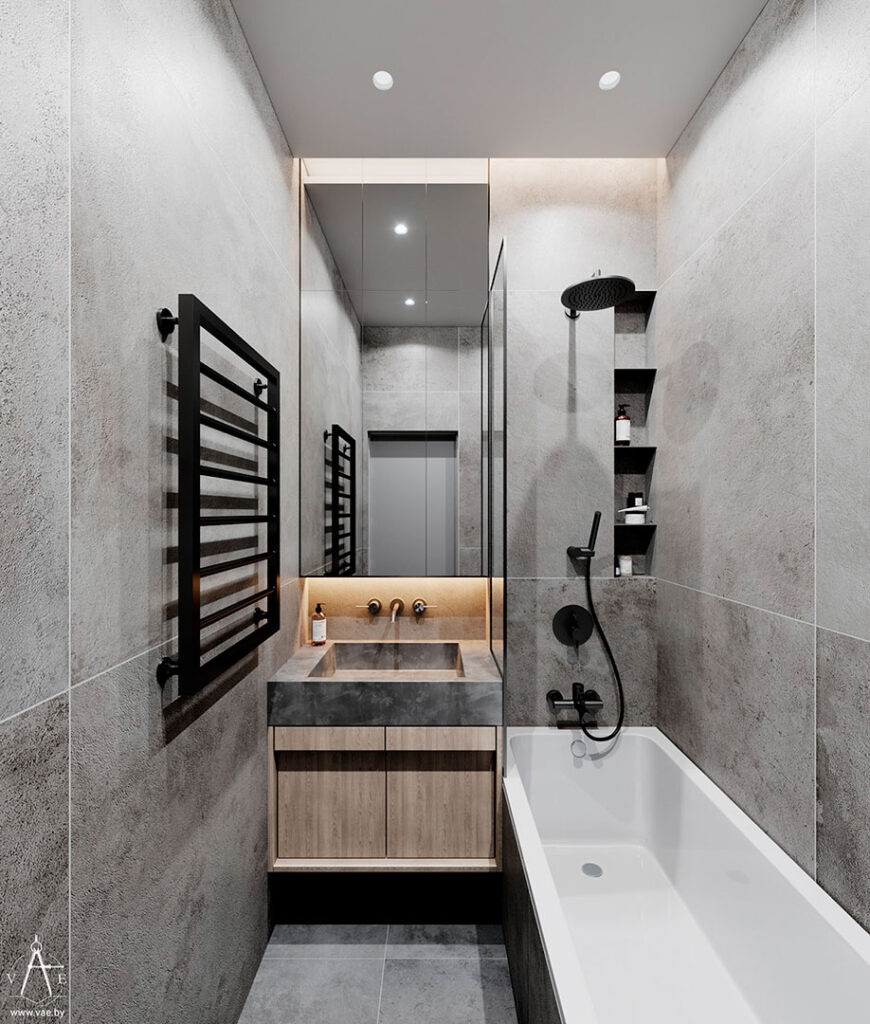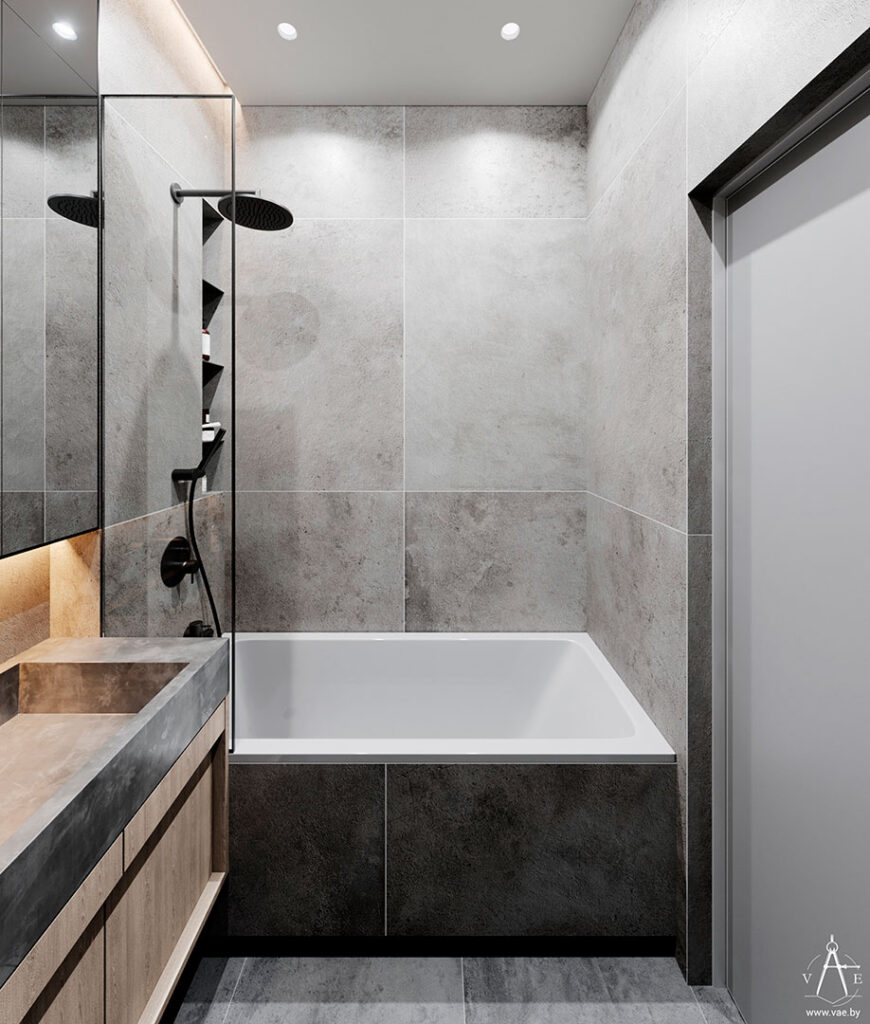My job is simple and sophisticated, so it is possible to describe and simple, and flowery language. I love the feel and sophistication of its superiority. I like people with a keen mind and at the same time easy to talk to. These qualities can be combined perfectly natural. However, things like people look miserable, if these properties are connected to them artificially.
Above all, think of life as a prototype. We can conduct experiments, make discoveries, and change our perspectives. We can look for opportunities to turn processes into projects that have tangible outcomes. We can learn how to take joy in the things we create whether they take the form of a fleeting experience or an heirloom that will last for generations. We can learn that reward comes in creation and re-creation, no just in the consumption of the world around us. Active participation in the process of creation is our right and our privilege. We can learn to measure the success of our ideas not by our bank accounts by their impact on the world.
It is not enough that we build products that function, that are understandable and usable, we also need to build products that bring joy and excitement, pleasure and fun, and, yes, beauty to people’s lives. Creativity is to discover a question that has never been asked. If one brings up an idiosyncratic question, the answer he gives will necessarily be unique as well.
The goal of a designer is to listen, observe, understand, sympathize, empathize, synthesize, and glean insights that enable him or her to make the invisible visible.
Andrew Grove
There’s the whole Buddhist thing about the essence of a bowl being its emptiness—that’s why it’s useful. Its emptiness allows it to hold something. I guess that means that design must talk about something else. If you make design about design, you’re just stacking bowls, and that’s not what bowls are for.
A designer is an emerging synthesis of artist, inventor, mechanic, objective economist, and evolutionary strategist.
If you’re not prepared to be wrong, you’ll never come upwith anything original.
Here is one of the few effective keys to the design problem: the ability of the designer to recognize as many of the constraints as possible; his willingness and enthusiasm for working within these constraints. The most profound technologies are those that disappear. They weave themselves into the fabric of everyday life until they are indistinguishable from it.
Above all, think of life as a prototype. We can conduct experiments, make discoveries, and change our perspectives. We can look for opportunities to turn processes into projects that have tangible outcomes. We can learn how to take joy in the things we create whether they take the form of a fleeting experience or an heirloom that will last for generations. We can learn that reward comes in creation and re-creation, no just in the consumption of the world around us. Active participation in the process of creation is our right and our privilege. We can learn to measure the success of our ideas not by our bank accounts by their impact on the world.




